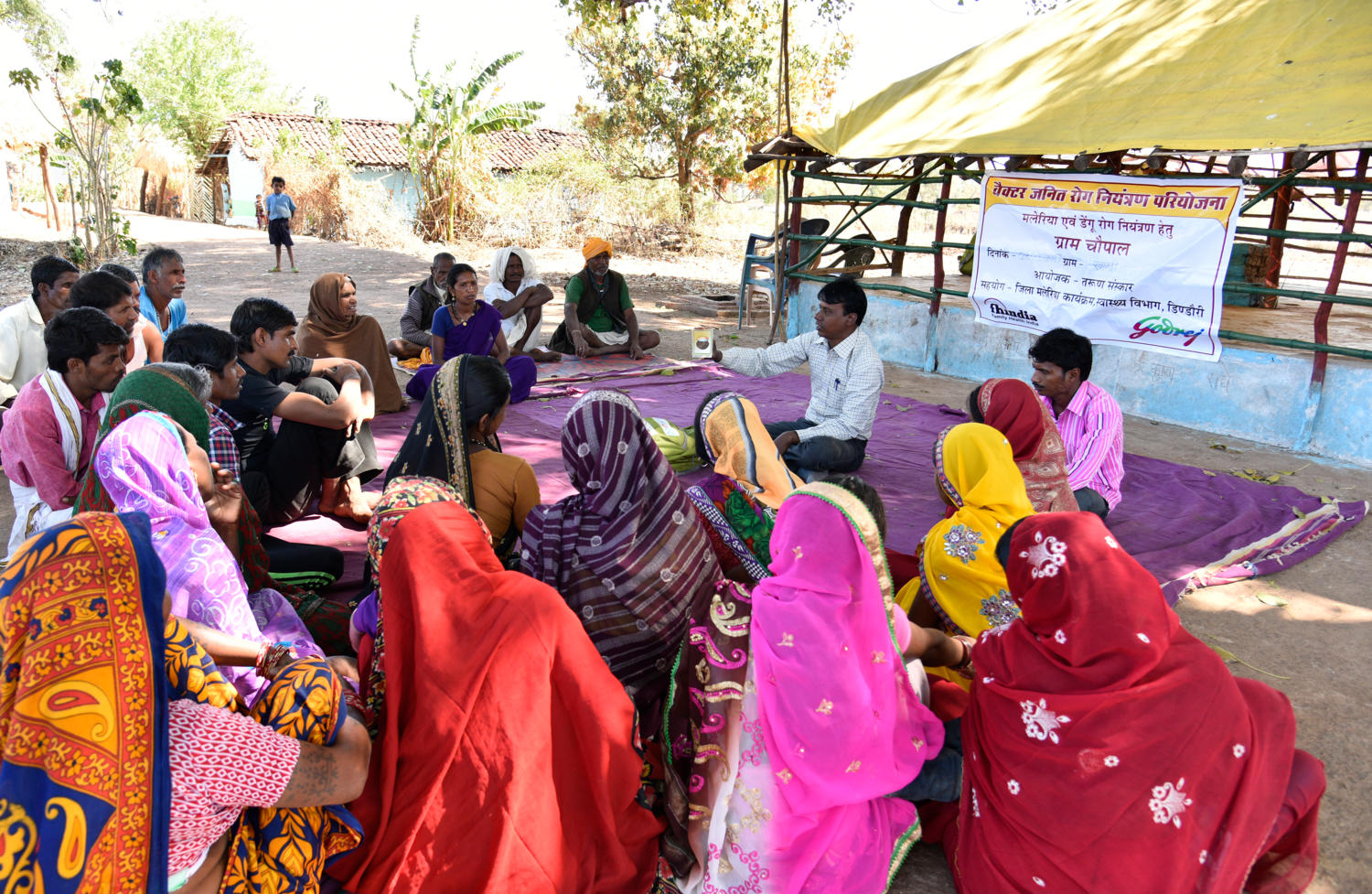Godrej Consumer Products Limited (GCPL): Fighting vector-borne diseases and creating shared value through the Godrej EMBED Programme

GCPL approached the opportunity to tackle vector-borne diseases in India from a shared value perspective. From the business side, product innovation, value chain resilience, and securing a license to operate were all important drivers for developing Project EMBED, which is GCPL’s effort to eliminate vector-borne diseases. The company also aimed to strengthen its presence and distribution in rural markets and provide increased access to affordable mosquito repellent products to bottom-of the pyramid users. By interacting with rural audiences and understanding their unmet needs, the company could also gain insights into rural consumers, and apply it towards product and service growth innovation. An initial calculation revealed that it costs 10 cents per family to protect them from malaria, which helped put the program into terms that the business could understand.
The company was also interested to collaborate with various stakeholders to tackle a serious public health challenge. The Indian government aims to eliminate malaria by 2030 and GCPL aimed to contribute to this agenda by prioritizing the health of tribal and other vulnerable populations living in hard-to-reach areas. Through the EMBED program, GCPL demonstrates alignment with this key government priority. As a market leader of household insecticides in India, the company is keen to be a thought leader in the space of mosquito prevention and demonstrate its expertise in mosquito management and related disease prevention.
- No
- Project
- Quantitative
- India
- Access to essential services
- Inclusion & diversity
- Personal security in the workplace & community
- Value chain relationships
- Downstream
- Consumer Goods
- Healthcare
Key findings
GCPL is in the first year of the project and thus, has initial results from the baseline and first round of concurrent monitoring. The company anticipates having actionable data post July 2017. Nonetheless, the preliminary data available has helped guide the company’s distribution and sales in remote geographies, along with targeted marketing to consumers. The results indicate a 2% increase in testing for malaria in the first 6 months. The company has now decided to invest in an Individual Voice Response (IVR) campaign across the state, as well as the neighbouring states of Jharkhand and Bihar, to further enforce awareness building and knowledge creation.
Lessons from the project will help inform the company’s rural marketing strategy, strengthen sales and distribution networks, and lay the foundation for a sustainable model even after the project has been completed. This project has gained recognition by the international community namely, winning the Porter Prize for creating shared value, and featuring in Fortune Magazine’s ‘Change the World’ List. As such GCPL is acquiring prominence as a thought leader in the space of vector control, and company representatives are now active participants in government initiatives such as the national framework for malaria elimination and other shared value discussions.
